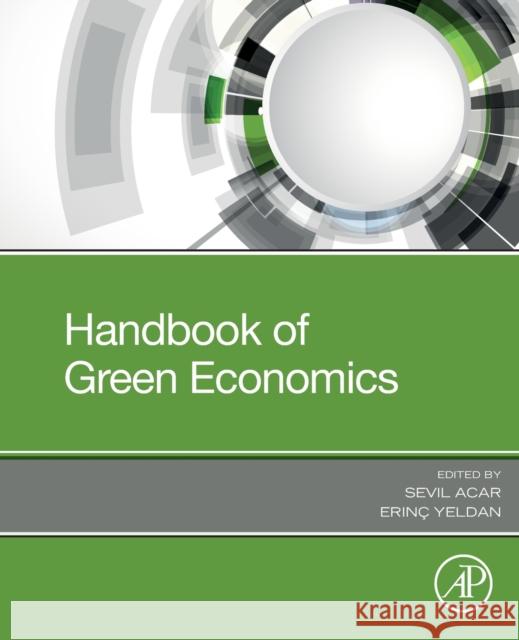Handbook of Green Economics » książka
topmenu
Handbook of Green Economics
ISBN-13: 9780128166352 / Angielski / Miękka / 2019 / 208 str.
Kategorie:
Kategorie BISAC:
Wydawca:
Academic Press
Język:
Angielski
ISBN-13:
9780128166352
Rok wydania:
2019
Ilość stron:
208
Waga:
0.36 kg
Wymiary:
23.5 x 19.05 x 1.12
Oprawa:
Miękka
Wolumenów:
01
Dodatkowe informacje:
Bibliografia











